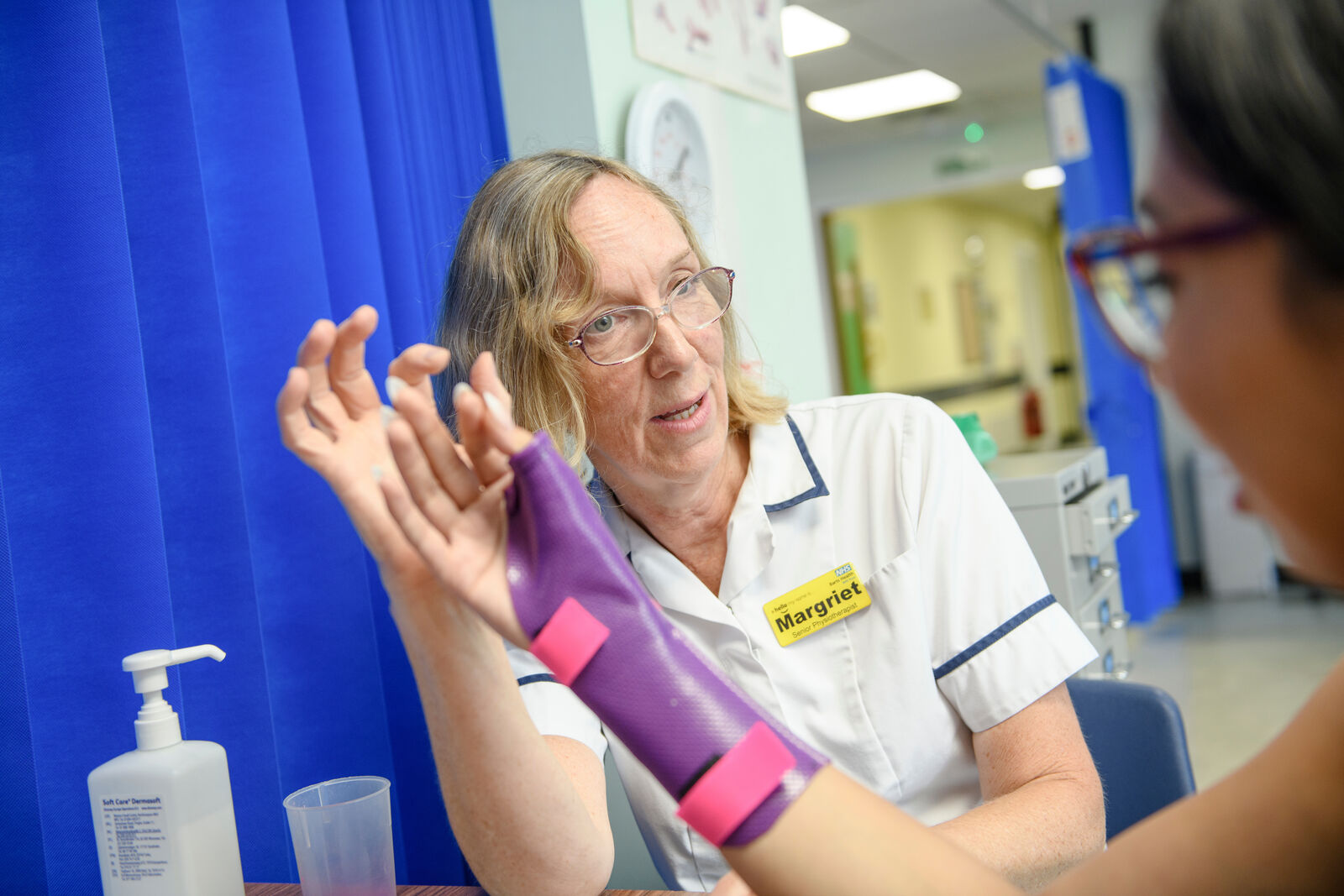
We offer occupational health services
We help your organisation understand and manage your employees' physical and mental health, as well as proactively manage sickness issues

We help your organisation understand and manage your employees' physical and mental health, as well as proactively manage sickness issues

To help you protect, retain and support staff with health issues in the workplace
In today’s fast-paced and demanding work environment, employees often face various health risks and challenges. From physical injuries to mental health issues, the wellbeing of your workforce can significantly impact productivity and overall, your company success. We know that when staff are happy and healthy they are more productive, and their working lives are generally better.
Our occupational health service offers a wide range of services to help your organisation understand and manage your employees' physical and mental health as well as sickness management. We prevent work-related health issues and carry out assessments to understand how health impacts on work.
Our service is provided by a dedicated team of highly qualified and experienced staff including doctors, nurses, physiotherapy and administration staff.

A management referral is made when there are concerns regarding the health of employees and the manager requires an independent opinion on the employees' fitness for work.
A case management referral is used to offer support when health related issues are impacting on an employee's work. This is often when an employee is absent due to their health, or their safety is being compromised by their work role. Normally the line manager, HR professional and a representative for the employee come together to discuss an outcome together.
Pre-placement assessments are used to assess an employee's fitness to work in the job or role to which they have been assigned. They highlight recommendations for any reasonable adjustments that the employer may need to put in place to accommodate the needs of the employee, as well as a clinic nurse for any immunisations to support within clinical areas.
Handling used needles is one of the most common ways a health worker can be exposed to the risk of infections and diseases such as Hepatitis B, Hepatitis C and HIV. Needle stick injuries should never been ignored; the consequences may be lifelong and devastating.
As an employer, you will need to take action to manage the risks if your workers:
Health and safety law requires health surveillance when your workers remain exposed to health risks even after you have put controls in place. This is because control measures may not always be reliable, despite appropriate checking, training and maintenance.
Health surveillance is any activity that involves getting information about an employee's health to help protect them from health risks at work. Some are required by law (health surveillance) and others are carried out as good practice (health checks). Workplace control measures may not always be totally reliable. Carrying out health surveillance can help make sure that any potential ill health effects are detected as early as possible.
Central to health and safety legislation and the Control of Substances Hazardous to Health (COSHH) Regulations 2002 in the UK and Northern Ireland is the duty for employers to assess work-related risks to staff, contractors, visitors and patients. This includes exposure to hazardous substances such as pathogens (biological agents). The employer must implement as far as is “reasonably practicable” measures to protect their staff and others who may be exposed to infectious pathogens in the workplace.
The law requires that employers engage the expertise of an occupational health services provider so as to ensure that employees are not a carrier or infected with a communicable disease. Employers have to be able to demonstrate that an appropriate employee immunisation programme is in place. They are obliged to pay for this service.